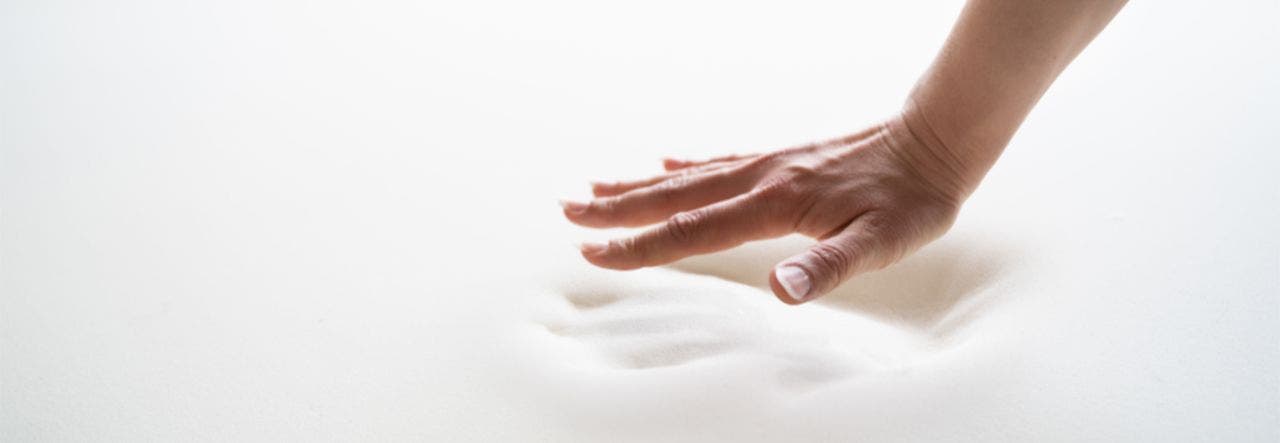If you’re familiar with the Naturepedic blog, you already know that we talk a lot about greenwashing – deceptive marketing designed to trick consumers into believing that a product is more eco-friendly than it actually is. Deceiving people who are just trying to be more ethically minded, planet-friendly consumers? Not cool.
With the widespread popularity of memory foam in the conventional mattress market, a new scam in the “natural” mattress industry has emerged: soy-based foam mattresses. Sounds great, right? Sounds natural … right? Wrong.
There are so many different types of foam mattresses now being marketed to sleepers, which makes it tough to decipher fact from fiction. Is it healthy for you? Should you avoid foam mattresses entirely? If you are following a more organic lifestyle, you’ve probably heard that petroleum-based polyurethane foam mattresses can be very dangerous for your health… but what about soybean foam? Read on to find out.
What Is Soybean Foam?
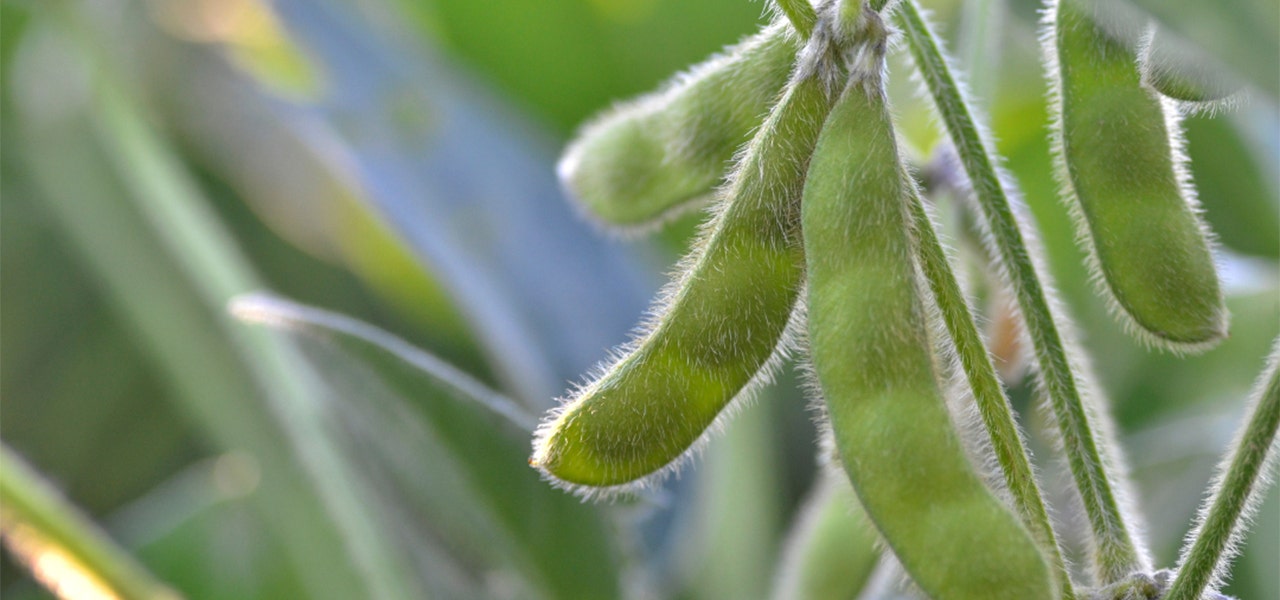

In the mattress world, “plant-based” soybean foam mattresses and crib mattresses have risen in popularity as “clean” living becomes more mainstream. However, the truth about soybean foam (also known as bio-foam, soy foam and other names combining soy-, bio-, or -eco) might surprise you.
No forest green lettering or image of pastoral fields on marketing materials can change the truth: soy foam might contain 20% soy content, but it can also contain as little as 3-5% depending on the product. The rest is polyurethane foam.
Adding a splash of soy milk to your latte doesn’t make it a soy-based latte, does it? So it goes that adding a bit of soybean foam to a petroleum-based foam mattress doesn’t make it a plant-based mattress … just a conventional mattress with some soybeans in it.
Not to mention that soy isn’t a great natural or organic mattress solution in the first place. Why is this? It’s because most soy grown in the US is genetically modified and calls for the use of pesticides. So even if there was a significant amount of soybeans in these soybean foam mattresses (which there isn’t), it would still contain potentially harmful chemicals and GMOs – and be harming our planet in the process. No thank you!
In short, soybean foam is primarily made from petrochemicals, not soybeans. If a consumer is looking for an alternative to polyurethane foam, a soy foam mattress isn’t the solution.
Why to Avoid Polyurethane Foam
So, soybean foam still contains lots of polyurethane foam … why should you care? The short answer is toxic chemicals.
Polyurethane foam mattresses (including memory foam and soy foam) are highly flammable … just about the most flammable material you can make a mattress out of, in fact. To combat this, memory foam mattresses are doused in chemical flame retardants. These potentially hazardous chemicals often include VOCs, which off-gas into the air you breathe all night long (approximately one-third of your life) and bring with them a host of short- and long-term health problems.
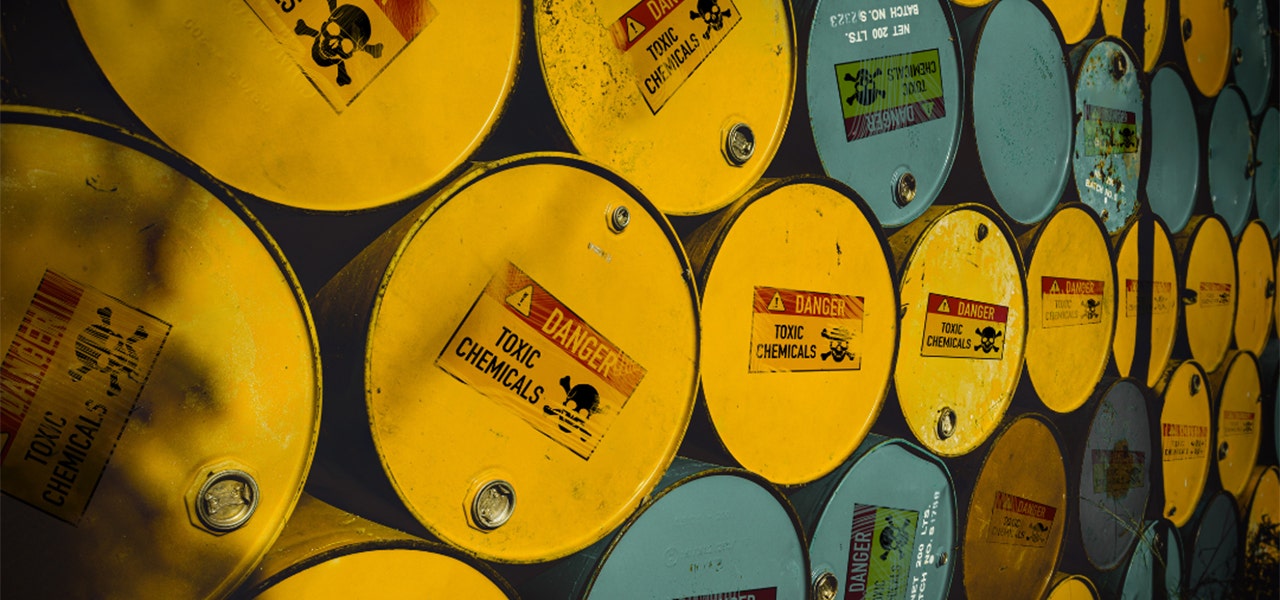

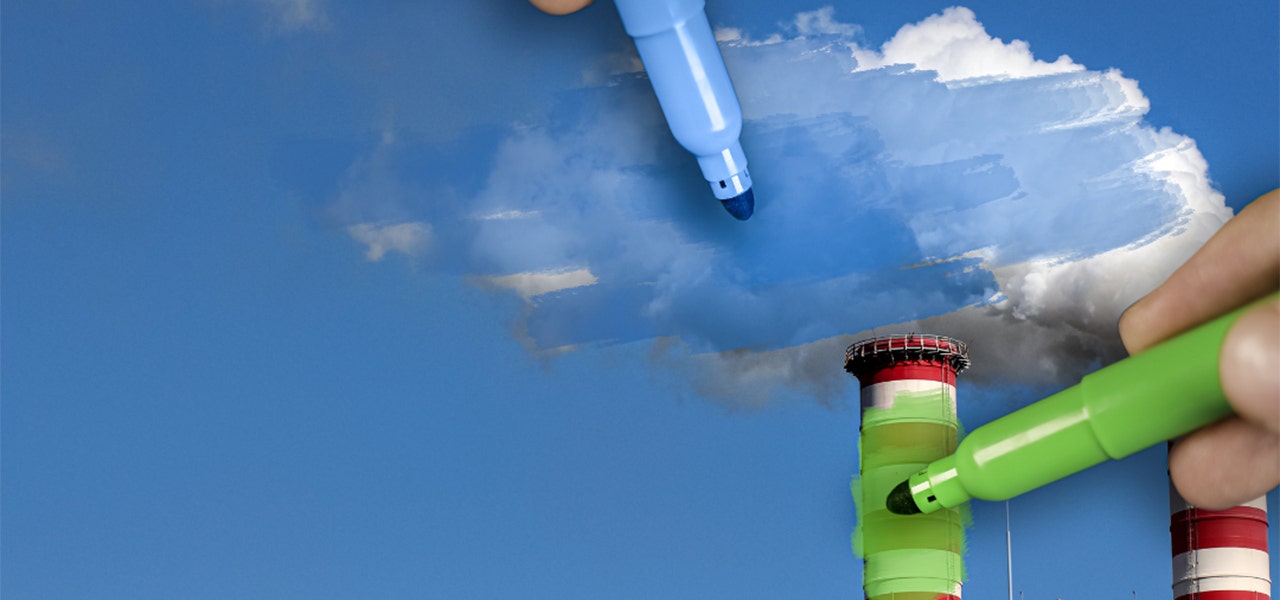

Soy foam sounds healthy, doesn’t it? It sounds natural, plant-based, green. The initial green angle for soy foam was that it used renewable, plant-based resources to supplement non-renewable petroleum. Mattress and furniture company marketers soon found that marketing could intentionally lead consumers to make seemingly logical – albeit false – assumptions about what was and wasn’t in “soy foam.”
Greenwashed language coupled with green imagery and colors make it easy to believe that you’re making a smarter and healthier decision for your sleep, your family and your planet. It’s logical to assume that soy foam is made from soybeans.
Soy Foam Mattresses and Greenwashing
But, unfortunately, claims that products are “natural” or “green” aren’t regulated. That means that companies can use words like “green” and “eco-friendly” without being held accountable by any government agency or organization. This puts the responsibility on you: the consumer. Learn more about these unregulated “eco” terms.
How to Find a Mattress That Helps People and Planet
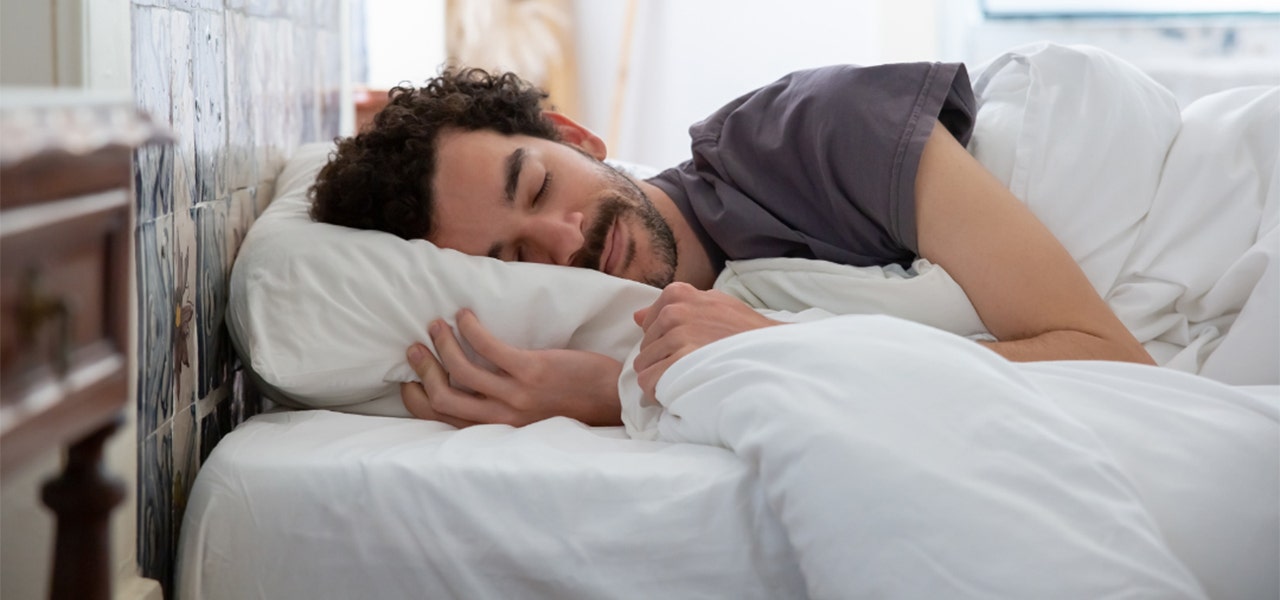

The best way to avoid greenwashing and continue to consume ethically is to:
- Research products before you buy
- Familiarize yourself with third-party standards
- Make sure you’re paying attention to labels
If you want to hold companies and marketing teams accountable for misinformation and greenwashing, a few important certifications to look out for include:
- Global Organic Textile Standard (GOTS)
- EWG VERIFIED®: Mattresses
- MADE SAFE® certification
- GREENGUARD® Gold certification
- UL Formaldehyde Free verification
How Naturepedic Provides Comfort Without Chemicals™
At Naturepedic, our GOTS certified organic mattresses are certified to the strictest standards – and in many cases go above and beyond them. (You can read more about our certifications here.) We use the most comfortable materials Mother Nature provides: soft and breathable cotton and wool, plus pressure-point relieving, GOTS-approved latex. No chemical flame retardants. No polyurethane foams. No bells and whistles … just the good stuff.
Want to learn more about how we provide comfort without all the chemicals? Check out this blog: What we Mean by No-Compromise® Organic Mattresses.
 BABY
BABY  KIDS
KIDS  ADULT
ADULT  LEARN
LEARN  STORES
STORES 